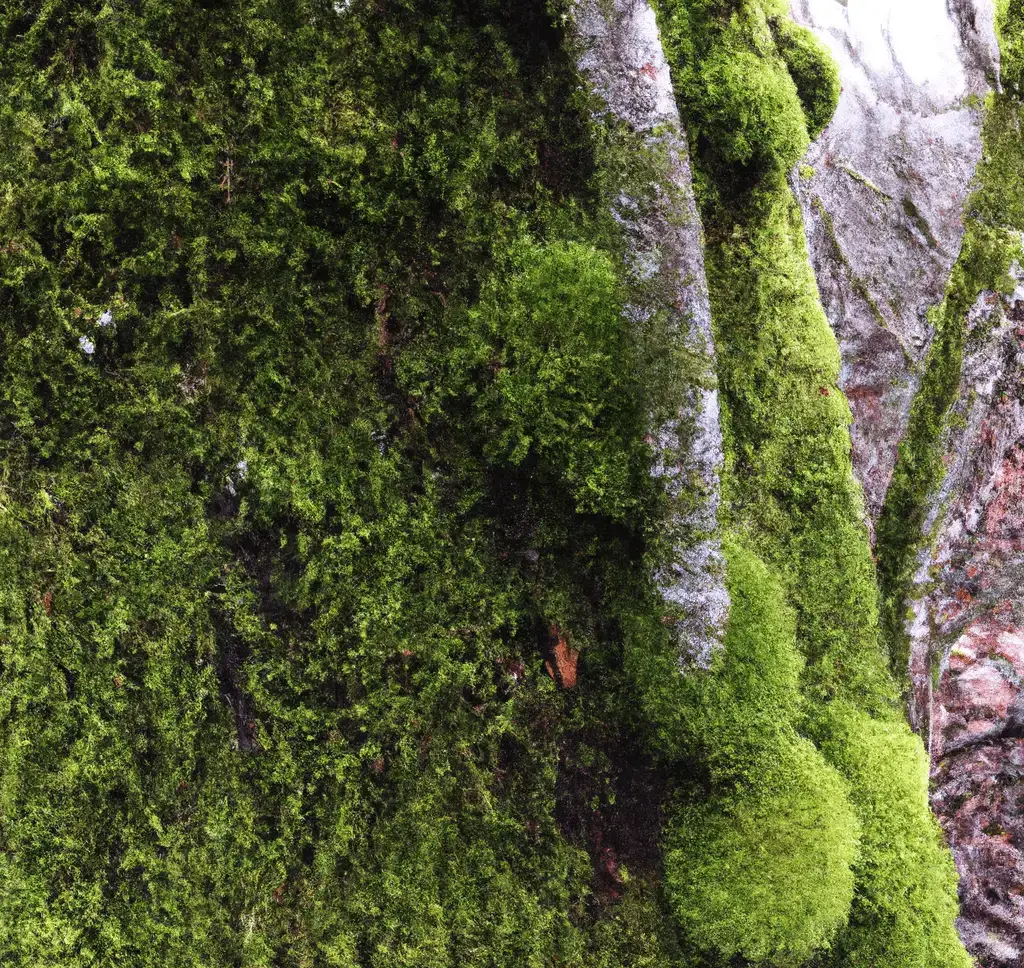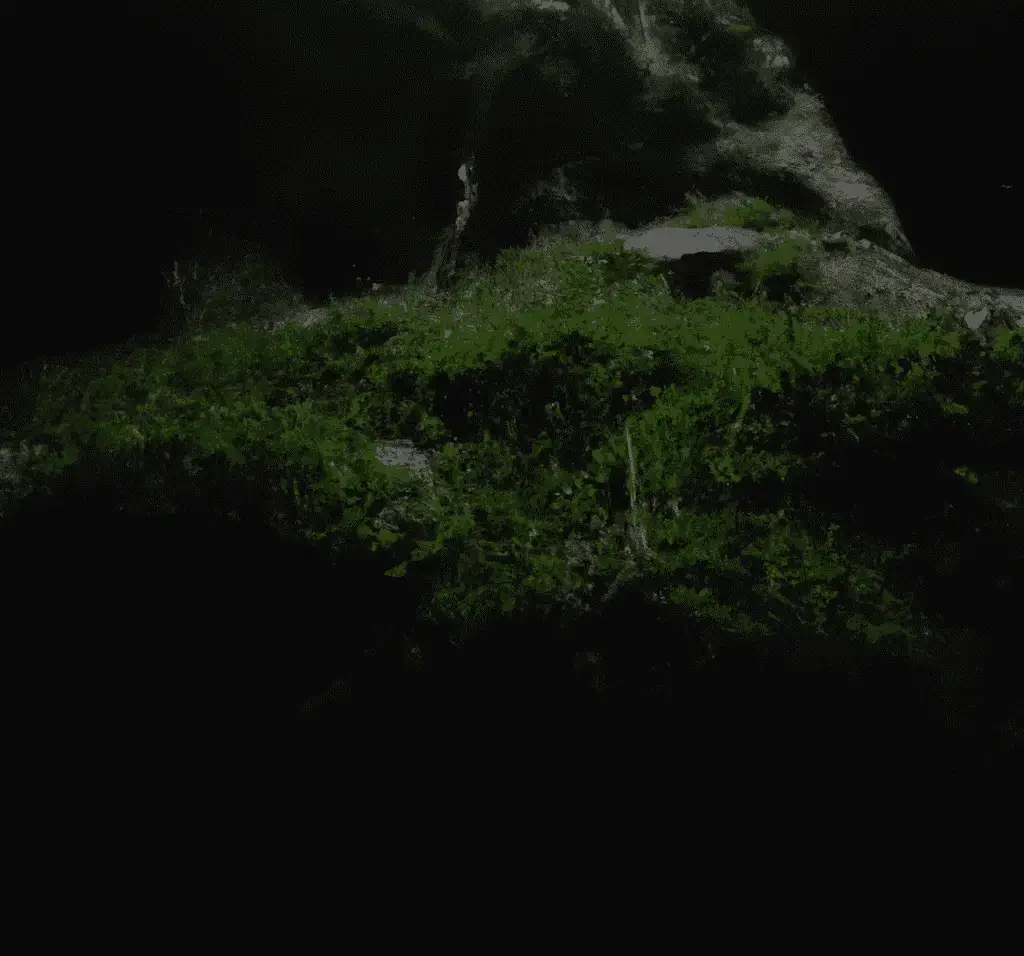The obvious and wrong answer? The Northside.
The correct answer? The Dark Side.

North or South? It depends on where you live.
From an early age, we are taught to see which side of the tree the moss grows on to identify where the north is.
It is certainly valuable information for those who live in the West that can help you if you lose your bearings, but if you live in Australia, for example, this information will take you to the opposite side, i.e., to the South.
From the point of view of moss growth, there is no specific preferred side. Instead, it is the exposure to the sun that determines the growth side of the moss.

Why does moss prefer north side of trees?
Moss dries in the sun, so he tends to avoid it. It also feeds on water, so the shaded and wetter side is it is favorite.
This is because the west coincides with the north side and is the reason why it was more or less erroneously used in the past as a method of orientation.
So it often grows on the north, but not necessarily. Moss follows water.
In fact, the moss only grows where is the water, so if, in a certain area, the rainy characteristics were to affect the east side, for example, here we will find the moss on that side.
By the same token, you will notice that moss is seen at the base of the trees but not near the top. At the base, you will undoubtedly find more shade.
Can moss grow on the sunny side? Yes is possible
For those who are surprised to find moss on the side of the sun, this is also possible with the right circumstances.
For example, moss can also grow on the sunny side in a stormy area where temperatures are not high.
Is moss bad for trees?
As Washington State University says, moss is an opportunist; it’s not aggressive.
Let’s dispel this myth right away. Moss, like lichens, is not a pest. The ECU-understanding comes from the fact that it is often found on dead or suffering trunks.
This is because it needs surfaces that move little, which is why we also find it on walls or rocks, and a dead trunk is certainly more stable than a live one.

The cold is not a problem. Moss grow in the Winter.
It is not uncommon to find it in sub-zero conditions; its natural antifreeze allows it to continue to reproduce regularly (Michigan State University).
Moss proves to be an excellent ally for certain types of plants and insects where it is able to provide the right protections in harsh winter climates.